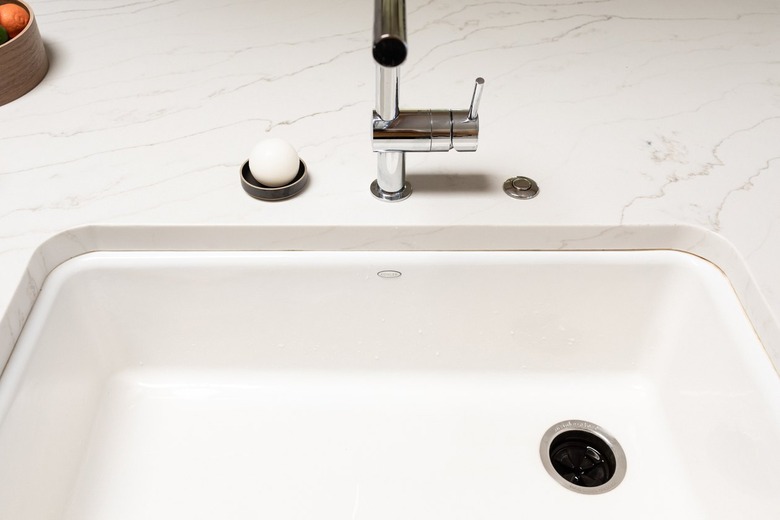What Do You Do When Someone Pours Oil Down The Sink?
We may receive a commission on purchases made from links.
Whether you're frying up a new dish or adding specialty oils to your meal, it's essential that after you finish cooking, you don't pour any extra oil down the sink. If you do, not only will it mess up your pipes, but it can also affect the environment as well. If you need to dispose of oil, there are other ways to get rid of it besides pouring oil down the garbage disposal drain.
Signs of Oil Down Your Sink
Signs of Oil Down Your Sink
If you aren't certain that there's oil in your sink pipes but you're noticing some issues with the way things are operating, look out for these signs before calling a plumber:
- Your water is draining slowly
- You notice a gurgling sound
- There's a bad odor
- The sink keeps backing up
What to Do if Your Drain is Clogged With Grease
What to Do if Your Drain is Clogged With Grease
If any of these aforementioned things happen, then most likely your drain is clogged with grease. If you are aware that you accidentally poured oil down drain pipes, rectify the situation as soon as possible.
- Pour hot water down the drain.
- Pour a mixture of vinegar and baking soda to get rid of the oil down the sink.
If the drain is super clogged and this doesn't work, you're going to need to put a snake down the drain or call a plumber to fix your sink.
How to Prevent a Clogged Sink
How to Prevent a Clogged Sink
The best way to prevent oil from clogging your sink is to make sure that you dispose of your oil correctly. The best way to do this is to let the oil cool down and place it into a sealable container, like a plastic reclosable bag. Or if you're a coffee drinker, save your empty cans and use them for leftover oil. Another thing you can do is keep your cooking oil, let it build up and then take it to a local organization or facility that accepts oil. These facilities will recycle the oil and turn it into biofuel. You can also reuse cooking oil, as well.
If you can't find anywhere to donate or recycle your oil, then you can dispose of it in the trash. Always make sure to wipe out your pans with a paper towel to soak up excess oil. Even the smallest amount of oil can damage pipes in the long run.
